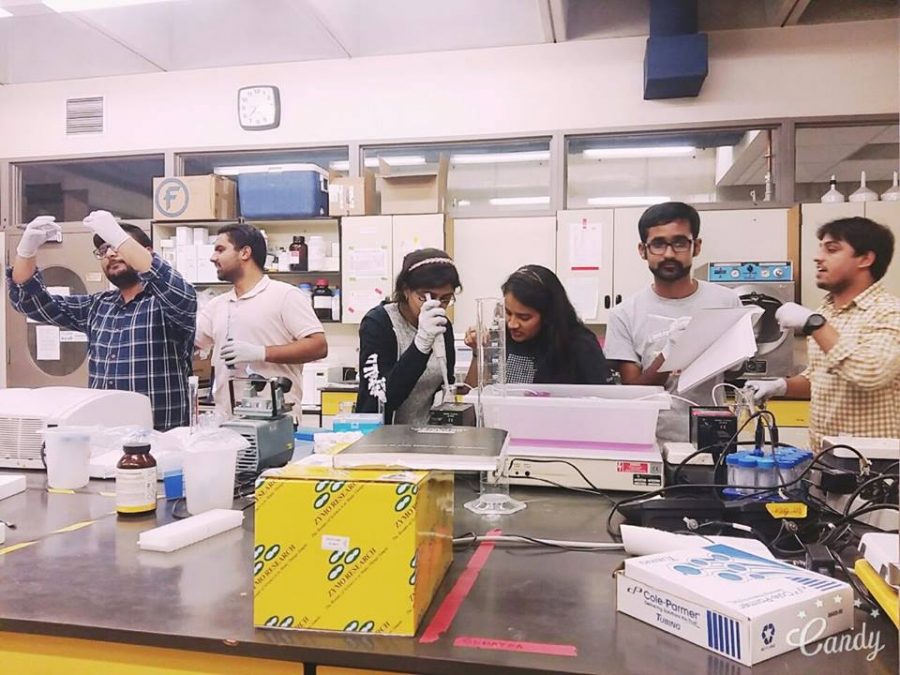The unpredictability of water in Utah causes worry for residents. Every year mountain runoff brings floods, while the threat of drought hangs over the desert state. Some communities worry about the danger of water contamination. Citizens of Pakistan have the same concerns, so researchers at the University of Utah have teamed up with Pakistani researchers to form the U.S.-Pakistan Center for Advanced Studies in Water (USPCASW), a group dedicated to solving Pakistan’s water problems.
Pakistan’s Indus River Delta mirrors Utah’s Colorado River Delta. Both desert river deltas have been significantly impacted by human activity. According to David Stevenson, a spokesperson for USPCASW, these geographic similarities along with the U’s familiarity with water research are what makes the U an optimal partner for researchers in Pakistan. The U’s partners in Pakistan aren’t the only party benefitting from this collaboration.
“It’s something that the U wants to get involved in,” said Stevenson. “This work engages students and faculty in issues around the world. It gives them a wider perspective.”
The World Meteorological Association predicts that as the earth’s climate warms, droughts and floods in Pakistan will become more frequent. Of the water available, much of it is contaminated with microbial and chemical pollutants.
USPCASW aims to help achieve equitable access to safe and affordable drinking water for everyone in Pakistan by 2030. To do this, the center focuses on finding solutions to a wide range of issues including water scarcity, low freshwater availability, poor wastewater and drinking water treatment, the effects of greenhouse gas emissions, antibiotic resistant bacteria and micro-pollutants in the water cycle.
Because of the variety of challenges, USPCASW takes a transdisciplinary approach to the water crisis in Pakistan. This means that they bring together experts from diverse fields like civil and environmental engineering, soil and crop sciences, geology and geophysics, family and preventive medicine, law, political science, urban planning, economics and anthropology.
USPCASW is working to establish a Pakistan Water Sustainability Network to extend their transdisciplinary work beyond the center. Once this network is realized, they aim to create regional and international research webs.
The center facilitates student and faculty exchange programs to further education on water issues and to investigate how Utah’s water solutions can be applied in Pakistan. Last year was the first year students from Pakistan attended the U as part of the exchange program, said Stevenson. Only eight exchange students came to the U this year, down from 21 last year, but Stevenson said the USPCASW has plans to expand the program to increase participation both at the U and at sister universities in Pakistan.
Masters and Doctorate students at the U can pursue degrees in Hydraulics, Irrigation and Drainage, Integrated Water Resource Management, Environmental Engineering, and Water, Sanitation and Health through USPCASW. The center also offers grants for research projects.
Despite the complexity of the center’s structure and projects, Stevenson said USPCASW’s mission is simple. “The ultimate goal is to bring water security to Pakistan.”
e.anderson@dailyutahchronicle.com
@emilyinorgandy



Sahib Khan • Apr 30, 2018 at 11:17 pm
Thanks for the story
Regards
Sahib Khan
CMO Expert
MUET, Jamshoro
Pakistan